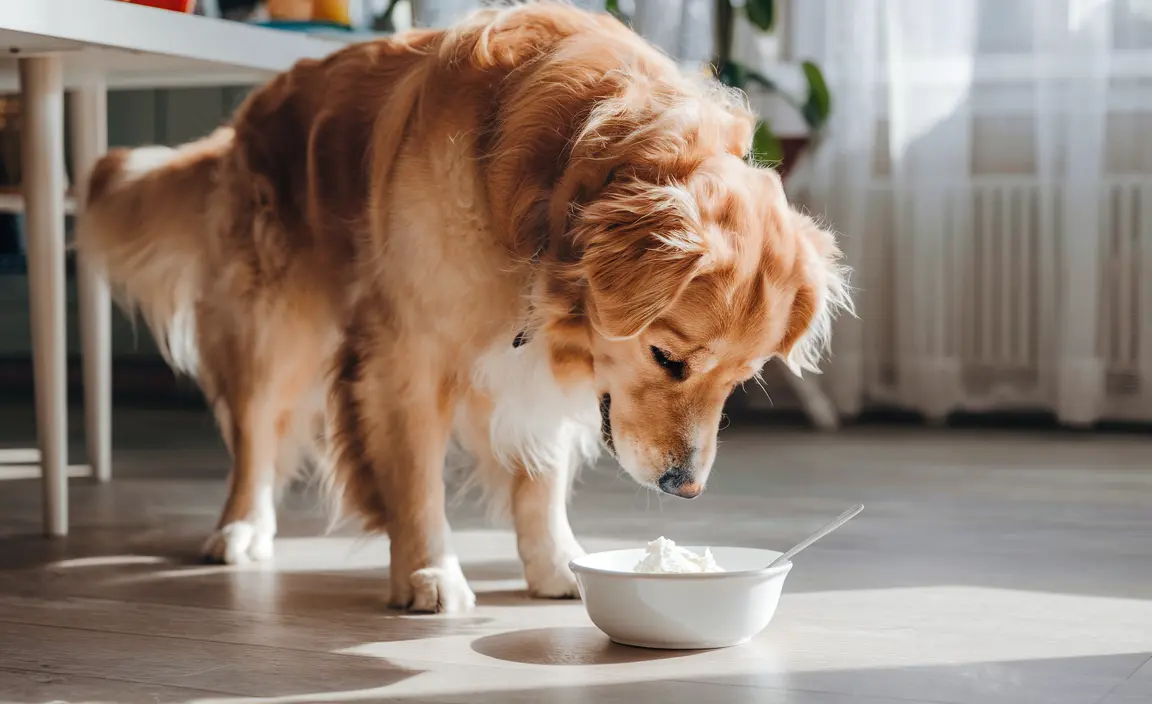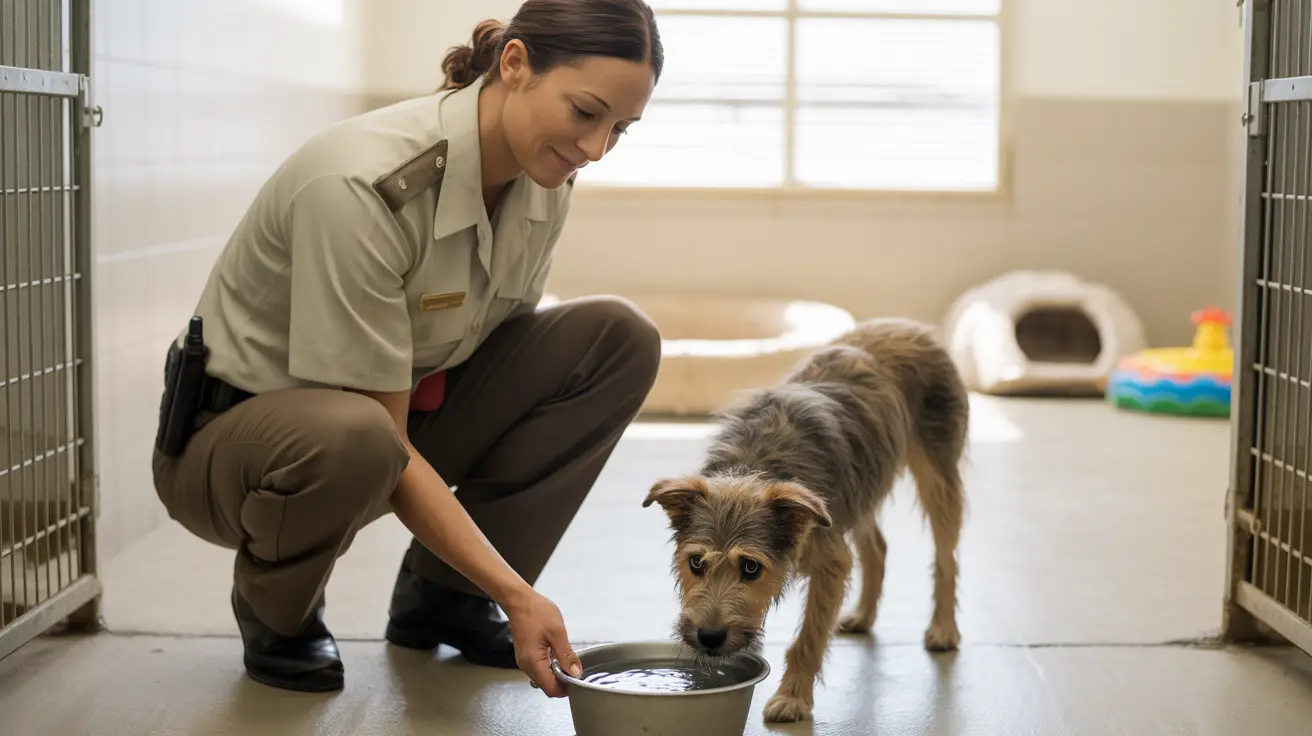Dog owners are always looking for nutritious and tasty treats to supplement their furry friend's diet, and cottage cheese often emerges as an intriguing option. Whether you're considering adding this protein-packed dairy product to your dog's meals or simply curious about its nutritional benefits, understanding the dos and don'ts is crucial for your pet's health and well-being.
In this comprehensive guide, we'll explore everything you need to know about feeding cottage cheese to dogs, from its nutritional advantages to potential risks and best practices for safe consumption.
Is Cottage Cheese Good for Dogs?
Cottage cheese can be an excellent occasional treat for dogs, offering a range of nutritional benefits when served appropriately. Packed with protein, calcium, and essential vitamins, this dairy product can be a healthy addition to your dog's diet when used in moderation.
Nutritional Benefits of Cottage Cheese
- High-quality protein source
- Rich in calcium for bone health
- Contains beneficial B vitamins
- Lower in fat compared to many other cheeses
- Supports muscle maintenance and overall nutrition
How Much Cottage Cheese Can Dogs Eat?
Portion control is key when introducing cottage cheese to your dog's diet. Veterinary nutritionists recommend a serving of about 1 tablespoon per 10 pounds of body weight, or up to 3 ounces per 25 pounds of body weight. However, it's essential to treat cottage cheese as a supplement, not a primary food source.
Serving Guidelines
- Start with small amounts
- Monitor your dog for any digestive reactions
- Use as an occasional treat
- Mix with regular food for variety
- Consult your veterinarian for personalized advice
Potential Risks and Precautions
While cottage cheese is generally safe, some dogs may experience digestive issues due to lactose sensitivity. Dogs produce limited lactase, the enzyme that breaks down lactose, so it's crucial to introduce this food carefully and watch for any adverse reactions.
What to Watch Out For
- Signs of lactose intolerance
- Digestive upset or diarrhea
- Allergic reactions
- Unexpected weight gain
Choosing the Right Cottage Cheese for Dogs
Not all cottage cheese is created equal. When selecting this treat for your canine companion, opt for low-fat, plain varieties without added salt, flavors, or harmful ingredients like onions or garlic.
Best Practices
- Choose low-fat options
- Avoid flavored varieties
- Check for no added salt
- Use as an occasional supplement
- Always introduce new foods gradually
Frequently Asked Questions
Can I safely give cottage cheese to my dog as a regular treat?
Cottage cheese can be given as an occasional treat, but should not replace a balanced diet. Limit servings and monitor your dog's response.
How much cottage cheese can I feed to my dog, and what's the best serving size?
Generally, 1 tablespoon per 10 pounds of body weight is a safe guideline. Always start with smaller amounts and consult your vet.
Is cottage cheese beneficial for dogs with digestive issues?
Some dogs may find cottage cheese helpful for mild digestive problems, particularly when paired with bland foods like white rice. However, individual responses vary.
How do I introduce cottage cheese to my dog's diet to minimize the risk of digestive upset?
Start with a tiny amount, mix with regular food, and observe your dog for 24-48 hours for any adverse reactions.
Can I use cottage cheese as a substitute for regular dog food?
No, cottage cheese should only be used as a supplement or occasional treat, not as a primary food source.
Remember, every dog is unique. While cottage cheese can be a nutritious addition to many dogs' diets, individual tolerances and health conditions vary. Always consult with your veterinarian before making significant changes to your dog's nutrition.






